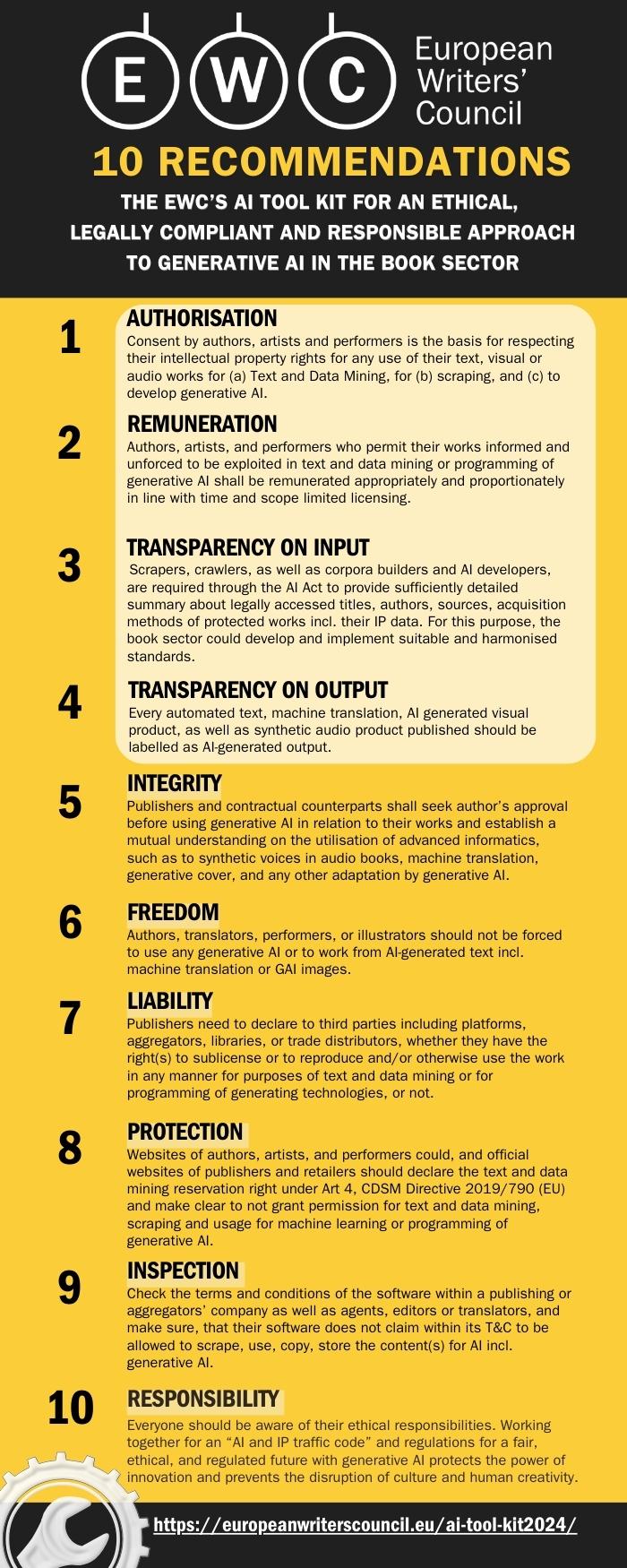If you’re celebrating a birthday soon, you’ll want to check out the exciting birthday discount offered by Ewc! This special perk is a great way to treat yourself or someone you care about while enjoying the top-notch services Ewc has to offer. Whether you’re looking for some well-deserved self-care or just want to pamper yourself on your special day, this discount can make your birthday even more memorable.
Ewc, or European Wax Center, specializes in providing hair removal services that leave you feeling smooth and confident. They’ve created a welcoming environment where clients of all backgrounds can feel comfortable while getting professional waxing services. With a commitment to high-quality products and trained estheticians, Ewc caters to everything from eyebrow shaping to full-body waxing. Their goal is not just to help you achieve your desired look but to also ensure that the experience is enjoyable and relaxing.
Getting your Ewc birthday discount is as easy as pie! All you need to do is sign up for their membership program, which is usually a breeze. Once you’re a member, you can simply visit your local Ewc location during your birthday month to enjoy your exclusive discount. It’s a fantastic way to indulge in some self-care, and the friendly staff will make sure you have a delightful experience as you celebrate another trip around the sun. So mark your calendar, get your friends together, and make your birthday as fabulous as you are!
Q&A
**Q&A: Understanding EWC (European Waste Catalogue)**
**Q1: What does EWC stand for, and what is its primary purpose?**
**A1:** EWC stands for the European Waste Catalogue. Its primary purpose is to provide a comprehensive classification system for waste, enabling countries across Europe to categorize and manage waste efficiently. This aids in tracking and recycling efforts, ensuring that waste is correctly handled according to environmental regulations.
**Q2: Why is the EWC important for environmental management?**
**A2:** The EWC is crucial for environmental management as it standardizes how waste is classified across different regions. This consistency helps governments, businesses, and waste management companies to better monitor waste production, improve recycling rates, and reduce environmental impact by ensuring proper waste treatment practices.
**Q3: How does EWC classification work?**
**A3:** The EWC uses a unique coding system, which assigns each type of waste a specific six-digit code. These codes are organized into categories based on the type of waste and its source, such as hazardous waste, construction debris, or municipal waste. This system enables easier identification, reporting, and tracking of waste across borders.
**Q4: Who uses the EWC, and how does it affect different stakeholders?**
**A4:** Various stakeholders use the EWC, including government authorities, waste management companies, industries generating waste, and environmental agencies. For businesses, proper EWC classification is essential for compliance with regulations. For local governments, it facilitates effective waste management strategies, while environmental agencies utilize the data for research, policy-making, and tracking progress towards sustainability goals.
**Q5: How does EWC contribute to the circular economy?**
**A5:** The EWC supports the circular economy by promoting efficient waste reuse and recycling practices. With clear classifications, businesses and waste operators can identify waste materials that can be repurposed or recycled, reducing landfill dependency and fostering resource conservation. This alignment with circular economy principles encourages innovation in waste management and resource recovery sectors.
**Q6: Are there challenges associated with implementing EWC standards?**
**A6:** Yes, challenges do exist, including inconsistent application of EWC codes across regions, lack of awareness in certain industries, and difficulties in accurately assessing and categorizing waste types. Additionally, some entities may struggle to meet the regulatory requirements, highlighting the need for ongoing education and support regarding EWC guidelines.
**Q7: What steps can be taken to improve awareness and compliance with EWC regulations?**
**A7:** Enhancing awareness and compliance with EWC regulations can be achieved through targeted training programs for businesses and waste management professionals, dissemination of comprehensive guidelines, and collaboration between governments and industry stakeholders. Encouraging best practices and sharing success stories can also motivate others to adhere to EWC classification standards.
**Q8: What is the future of the EWC and its role in waste management?**
**A8:** The future of the EWC is likely to evolve alongside advancements in waste management technology and sustainability practices. Its role will become increasingly important as countries strive to meet ambitious waste reduction targets and transition towards a circular economy. Continuous updating and adaptation of the EWC to reflect emerging waste types and regulations will ensure that it remains relevant and effective in guiding environmental management efforts.
**Q9: Where can readers find more information about EWC?**
**A9:** Readers looking for more information about the EWC can visit the official European Commission website, which provides detailed resources and guidelines. National environmental agencies and waste management organizations also offer sector-specific information and support for understanding and implementing EWC regulations in different contexts.
